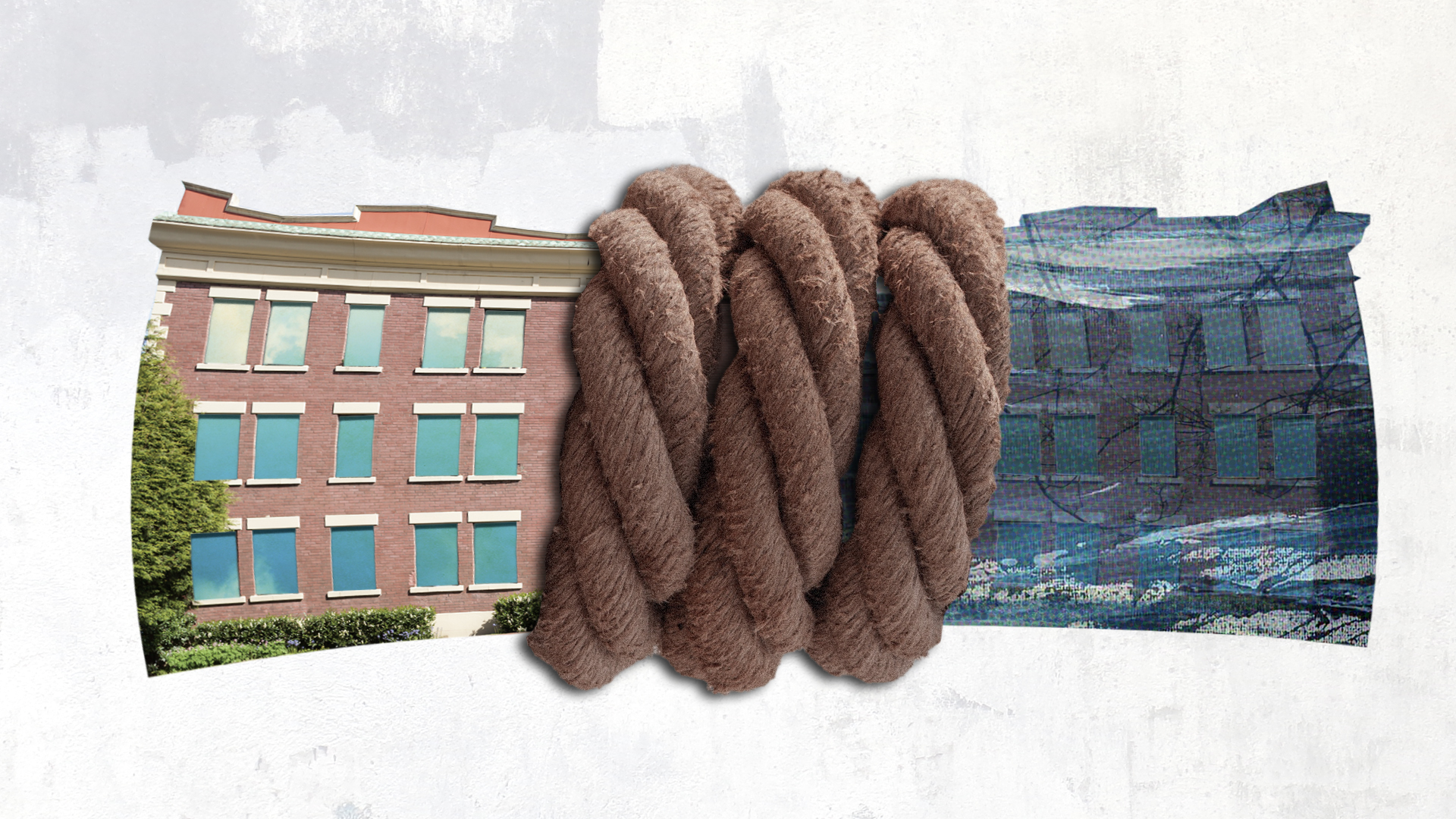Trudeau’s false “us versus them”
Housing priorities will hurt rental supply and affordability
By Andrey Pavlov, Ph.D., Goodman Report

Recently, Prime Minister Trudeau outlined his housing policy priorities. His mandate letter to finance minister Chrystia Freeland includes working with the Minister of Housing and Diversity and Inclusion and calls to “curb excessive profits in investment properties” and “require landlords to disclose in their tax filings the rent they receive pre- and post-renovation and to pay a proportional surtax if the increase in rent is excessive” (emphasis added).
Remarkably, Trudeau’s language resembles the first official election program of the Communist Party of Canada, then called the Labor-Progressive Party:
It is the principle that excessive profits should be taken by the government and used in the interest of the community.
– Communist Party of Canada Electoral Program, 1944
Having witnessed first-hand the devastation communism brings, I’m shocked to find these ideas in our official policy priorities. About 30 years ago, I left everything I held dear to escape the consequences of precisely these types of “capital versus labour” policies.
My emotional distress aside, we now know that blaming capitalists, in this case landlords, backfires. I was neither a capitalist nor a worker when I left communist Bulgaria, but I noticed that a lot of “workers” left with me. They left a society that was purportedly working for them to join one that was presumably exploiting them. Not a single soul, capitalist or worker, was going the other way.
Yet we don’t have to go back decades to see that reining in “greedy landlords” ends up hurting tenants. A recent study published in the American Economic Review uses data from a rent control measure in San Francisco to conclude: “Taking all of these points together, it appears rent control has actually contributed to the gentrification of San Francisco, the exact opposite of the policy’s intended goal.” More generally, a survey of several hundred economists published in the same journal found that 93 percent of respondents agreed completely or partly that “a ceiling on rents reduces the quantity and quality of housing available.”
Our B.C. experience is no exception. For years, we’ve been placing one restriction on landlords and investors upon another. Our provincial and municipal governments have introduced speculation and vacancy taxes, rental-only zoning, vacancy control for SROs, land transparency registers, years-long permitting process, land-use restrictions, and intrusive building codes and requirements.
This misguided government activism produces the same unfortunate outcomes year after year. For instance, the City of Vancouver issued building permits for a total of 4,262 residential units in 2020: an 18% decline relative to 2019, which was already down a whopping 30% relative to 2018. Compare this to Seattle, where permits for 8,392 residential units were issued in 2020, for a city that’s only about 10 percent bigger.
Insufficient supply translates into low vacancy rates and rent increases well above “mandated” numbers. COVID helped ease Vancouver vacancies a bit, but only at the expense of surrounding communities, not owing to a real improvement in the rental market. As with any other “us versus them” intervention, the policies above hurt the very people they’re intended to help.
In short, we’ve tried “capital versus labour” and “landlord versus tenant” solutions many times already, with the same inevitable outcome every time. The policies in Trudeau’s mandate letter would not be exceptions to the tragic history of Marxism. Curbing “excessive profits” and imposing additional reporting requirements on the already complex and burdensome tax system may hurt some existing landlords and investors. But to a far greater extent it would hurt current and future tenants, as they would face even fewer and less desirable housing options going forward. These are lose-lose policies, with moderate and lower-income Canadians bearing the brunt.
To be fair, Trudeau’s mandate letter contains many positive initiatives related to housing supply. For instance, he’d like to encourage municipalities to increase densification, reduce construction approval timelines and speed development of empty or underused lands. He’d also like to introduce rent-to-own programs, support property conversion, and make federal lands and properties available for housing development. These are all great ideas that could indeed improve affordability.
The tragedy is that Trudeau’s letter steps on the gas and the brakes at the same time. Yes, simplifying and accelerating development is a must. However, it will do little good if “excess profits” policies make housing investment so risky that only a handful of projects can move forward. More, not fewer, properties will remain empty or underutilized.
Also, let’s not forget that lengthy approvals, low rates of property conversion, and empty or underutilized federal lands and properties all result from government overreach and mismanagement. Instead of setting up an “Housing Accelerator Fund,” Trudeau may achieve the same outcome more successfully by limiting governments at all levels, including his own.
Removing much of our current housing-related red tape and taxes would allow increased competition in the housing market, which, in turn, would keep profits in check and provide the much-needed housing supply. In the end, producing more housing is what matters most.
Andrey Pavlov, PH.D., is Professor of Finance, Beedie School of Business, Simon Fraser University.